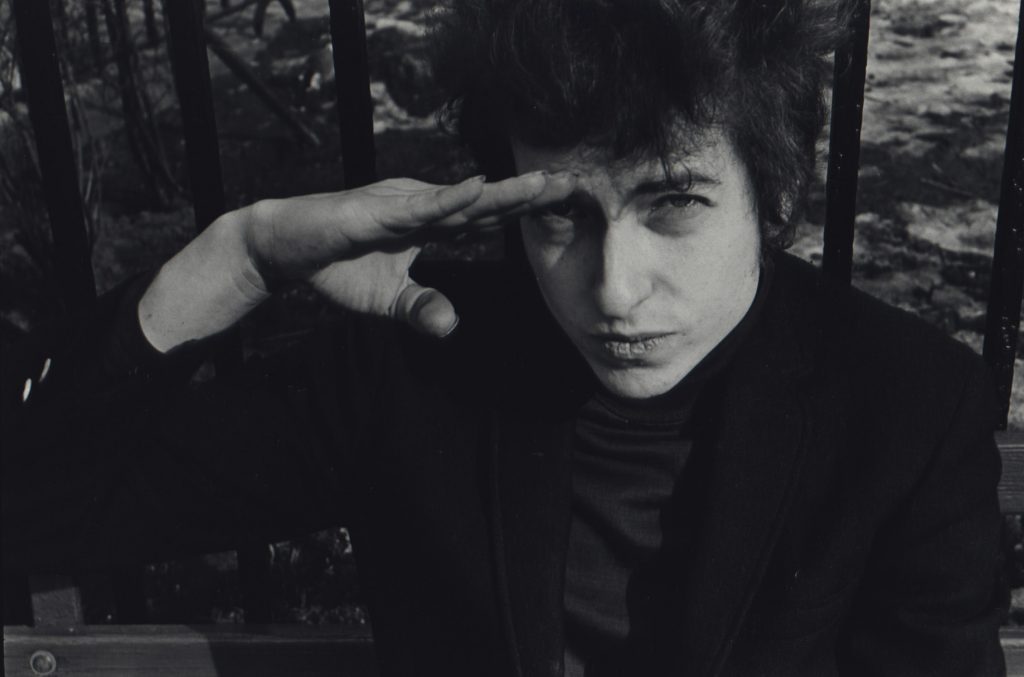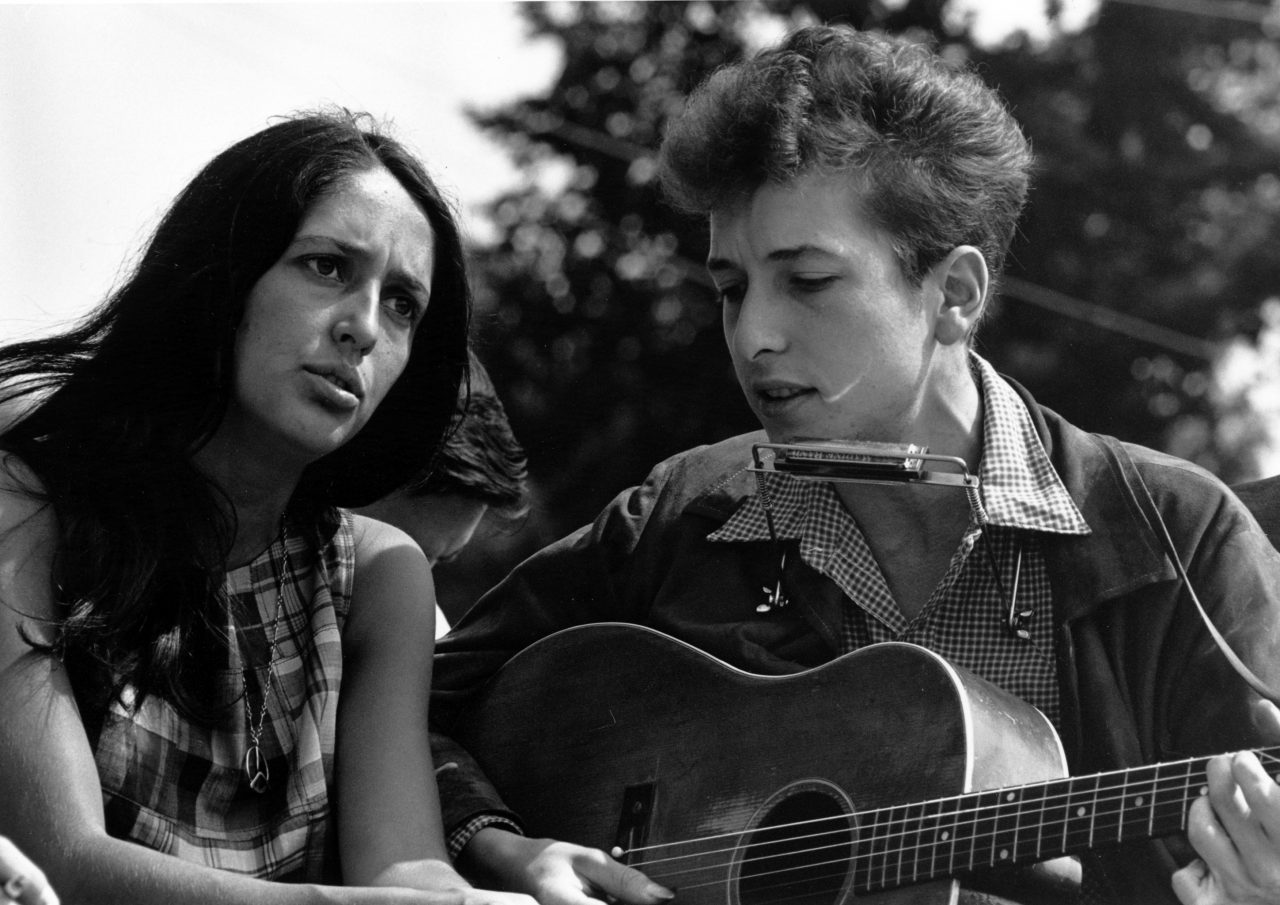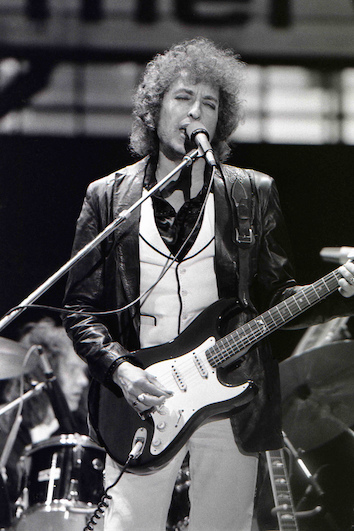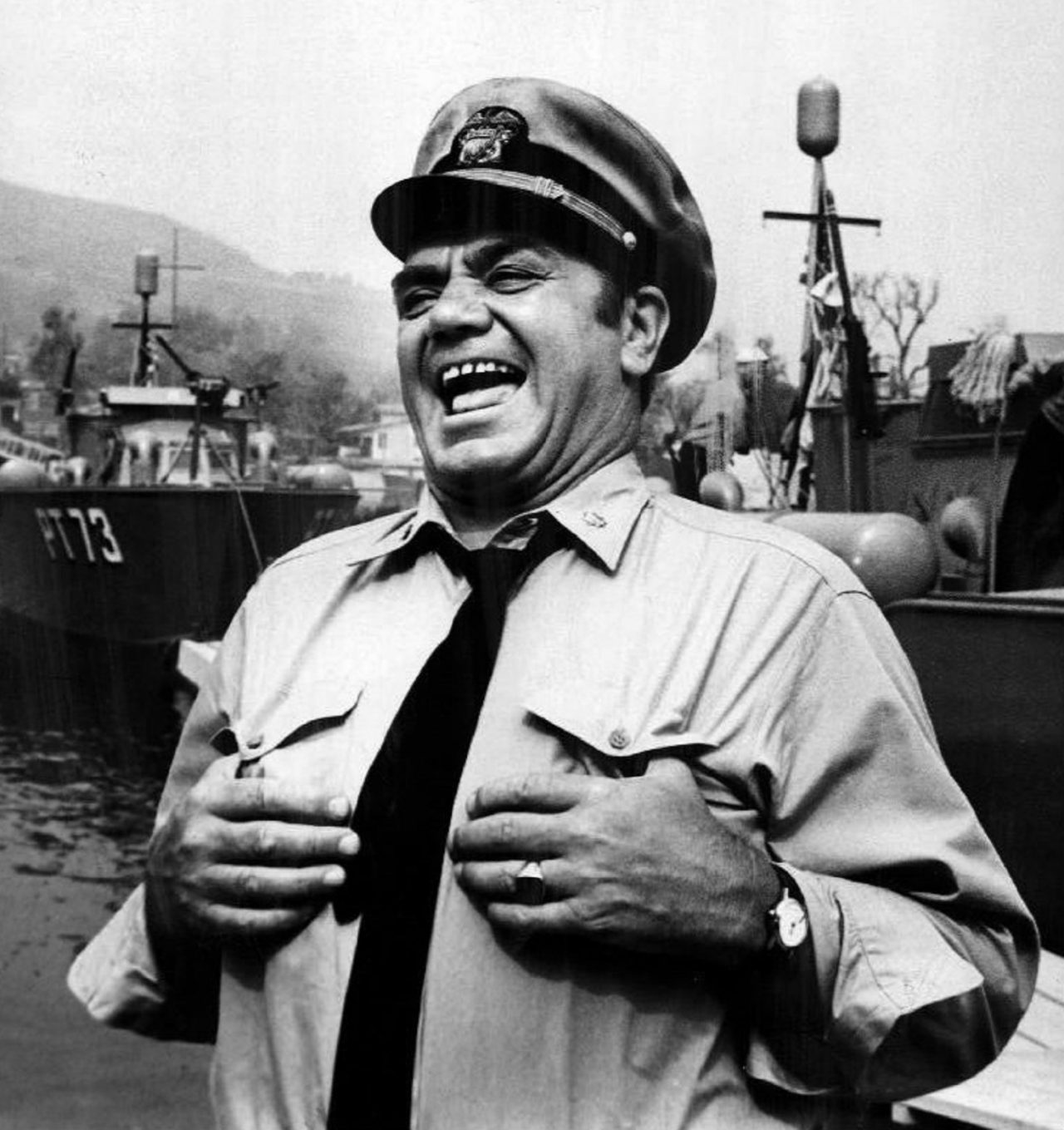
What Bob Dylan taught me about the working man’s blues
Bob Dylan is a genius. He’s the most cited songwriter by US judges, the subject of a bet between two Swedish scientists who spent 17 years betting on who could get the most Dylan quotes in their academic papers, and the deserving recipient of the 2016 Nobel Prize for literature.
My fascination with Dylan turned me into a budding guitarist in gloomy post-2008 Florence, swinging in a whirlwind of sporadic employment and boredom. Learning the only four chords needed to play most of his songs, memorising his lyrics and singing “Mona Lisa must have the highway blues, you can tell by the way she smiles” to baffled audiences in wined-up, late-night busking sessions in Santo Spirito Square was what got me through the worst nights of the Great Recession.
Little did I know at the time that his lyrics are a treasure trove of references to economic ideas. It’s almost like Dylan was thinking of economists when he wrote, ‘Their minds are filled with big ideas/images and distorted facts’...
Here’s my top five.
1. Union Sundown, Infidels, 1983
“You know, lots of people complainin’ that there is no work / I say, Why you say that for / When nothin’ you got is US made? / They don’t make nothin’ here no more /You know, capitalism is above the law / It say, It don’t count ’less it sells / When it costs too much to build it at home / You just build it cheaper someplace else ”
Compare Infidels with any other Dylan album until Desire (1976) and you wouldn’t believe they’ve been written by the same person. How an artist can go from
It was gravity which pulled us down and destiny which broke us apart / You tamed the lion in my cage but it just wasn’t enough to change my heart
to
Well, the job that you used to have/They gave it to somebody down in El Salvador/The unions are big business, friend/And they’re goin’ out like a dinosaur
... in only eight years is beyond me. He's talking about the politics of , and how American companies have moved their factories abroad to countries where labor is cheap to keep production costs low. Resentment runs deep in the communities back home where jobs are lost… and in Dylan’s lyrics.
The song goes on:
Well, my shoes, they come from Singapore/My flashlight’s from Taiwan/My tablecloth’s from Malaysia/My belt buckle’s from the Amazon/You know, this shirt I wear comes from the Philippines/And the car I drive is a Chevrolet/It was put together down in Argentina/By a guy makin’ thirty cents a day
He wrote this in the 1980s, when he was slowly outgrowing his Christian Evangelical period (a time that led to three very boring albums). Meanwhile, Hong Kong, Singapore, South Korea, and Taiwan were getting huge amounts of investment from richer countries, and growing fast. People in the US got scared that if things kept going the way they were, unemployment would rise like crazy.
It’s the same fear that’s driving populist candidates everywhere today, resonating with the white male workers who are most affected by large companies moving their factories abroad. I’m almost surprised Donald Trump hasn’t played this song at one of his rallies yet.

2. The Ballad of Hollis Brown, The Times They Are A-Changin', 1964
“You looked for work and money / And you walked a rugged mile / Your children are so hungry / That they don’t know how to smile (…) You prayed to the Lord above/Oh please send you a friend / Your empty pockets tell you / That you ain’t a-got no friend… Your grass is turning black/There’s no water in your well/You spent your last lone dollar/On seven shotgun shells ”
The Ballad of Hollis Brown is a gloomy flatpicking blues about the impact of long-term unemployment. This story of a South Dakota farmer who, haunted by poverty, shoots his wife, his kids, and then himself was originally recorded for Dylan's previous album, 'The Freewheelin’', but was ultimately discarded. It's been covered by everyone from Nina Simone to David Lynch to The Stooges.
Economists talk about all the time, but in a much more abstract way. What they’re missing out – and what Dylan conveys so well – is the discussion of the impact of unemployment on health and wellbeing – several studies link it to cardiovascular disease, depression, lung cancer and suicide. But Bob knew that already.
In the grim finale, Hollis Brown shoots his wife and kids, and then himself. The never-ending tragic cycle of poverty and neglect starts again just as soon as it’s over:
There’s seven people dead/On a South Dakota farm/Somewhere in the distance/There’s seven new people born
3. Working Man's Blues #2, Modern Times, 2006
“There’s an evenin’ haze settlin’ over the town / Starlight by the edge of the creek / The buyin’ power of the proletariat’s gone down / Money’s gettin’ shallow and weak / The place I love best is a sweet memory / It’s a new path that we trod / They say low wages are a reality / If we want to compete abroad ”
The literal Dylan strikes again in this less well-known song from a more recent album. Modern Times was the first Dylan album since 1976’s Desire to top US charts, and it ranks 204th in the 2012 edition of Rolling Stones’ 500 Best Albums of All Time. Dylan produced the album himself under the pseudonym ‘Jack Frost’.
He's talking about the declining purchasing power of people’s wages because of inflation. Real wages had been growing very slowly in the US since the 1970s, and most of the small gains made went straight to the highest earners. The rich got richer, and everyone else stayed put. Millions of working class Americans feel left behind by economic development – like Dylan sings, ‘I can see for myself that the sun is sinking/How I wish you were here to see/Tell me now, am I wrong in thinking/That you have forgotten me?' (He might have actually been talking about the wife of the song’s protagonist in this one, but it’s all up for interpretation).

4. Lily, Rosemary, and the Jack of Hearts, Blood on the Tracks, 1976
“Big Jim was no one’s fool, he owned the town’s only diamond mine / He made his usual entrance lookin’ so dandy and so fine / With his bodyguards and silver cane and every hair in place / He took whatever he wanted to and he laid it all to waste / But his bodyguards and silver cane were no match for the Jack of Hearts ”
There’s actually two versions of the whole Blood on the Tracks album – considered by many to be Dylan’s best, a view I share. The unpublished one is an acoustic version, only available through bootleg records. See if you can dig down the first one, called the ‘New York Session’. It’s really worth it.
In this story about love, death, and cabaret, Dylan paints the character of Big Jim, the richest man of this Western town, roaming among a bank robbery, dancers playing cards by the stairs, and the shady, mysterious figure of the Jack of Hearts. We don’t know much about Big Jim’s fortunes, other than ‘he owned the town’s only diamond mine’. You’d think a monopoly owner like him would have it all – but his wealth won't save him, and by the end of the song we find him ‘covered up/killed by a penknife in the back’, his wife Rosemary waiting on the gallows to be hanged for his killing.
5. I Shall Be Free, The Freewheelin', 1963
“Well, my telephone rang it would not stop / It’s President Kennedy callin’ me up/He said, ‘My friend, Bob, what do we need to make the country grow?’ / I said, “My friend, John, Brigitte Bardot, Anita Ekberg, Sophia Loren / Put ’em all in the same room with Ernest Borgnine! ”

An early acoustic Dylan classic, this song features his trademark string-grating and brutal mouth harp blowing. Thought by many to be one of the weakest in Dylan’s second album, it's an ironic remake of We Shall Be Free by Leadbelly, Woody Guthrie, Cisco Houston and legendary harmonica player Sonny Terry.
He's talking about , most politicians' number one economic concern because high growth usually means lower unemployment, lower poverty, and a higher standard of living. The conversation Dylan’s constructed in this lyric is one that Kennedy will have had with countless economists during his time in office. Okay, Dylan is probably just making a joke about erections, but you could say his sarcasm is a metaphor for how inefficient ‘growth’ is as a way to understand whether the economy is doing well. I might be going too far.
Let me close this tour of Dylanomics with another one of his quotes:
Now you’re probably wondering by now
Just what this song is all about
What’s probably got you baffled more
Is what this thing here is for
It’s nothing
It’s something I learned over in England
(I shall be free N.10, Another side of Bob Dylan, 1964)
...here's a few more for the hardcore fans:
On consumerism, overproduction and the quirky side of capitalism:
’Disillusioned words like bullets bark/As human gods aim for their mark/Make everything from toy guns that spark/To flesh-colored Christs that glow in the dark/It’s easy to see without looking too far/That not much is really sacred’
It’s Alright, Ma (I’m Only Bleeding), Bringing It All Back Home, 1965
On the emotional power of advertising:
‘Advertising signs they con/You into thinking you’re the one/That can do what’s never been done/That can win what’s never been won/Meantime life outside goes on/All around you (...) While money doesn’t talk, it swears/Obscenity, who really cares/Propaganda, all is phony’
(It’s Alright, Ma (I’m Only Bleeding), Bringing It All Back Home, 1965
On the arms industry and the industrial-military complex:
‘If I had rubies and riches and crowns/I’d buy the whole world and change things around/I’d throw all the guns and the tanks in the sea/For they are mistakes of a past history’
Let me die in my footsteps, The Bootleg Series, Vol 1-3: Rare & Unreleased 1961-1991,1991
‘Let me ask you one question/Is your money that good/Will it buy you forgiveness/Do you think that it could/I think you will find/When your death takes its toll/All the money you made/Will never buy back your soul’
Masters of War, The Freewheelin’, 1963
On an education system that doesn’t pay off in the real world:
‘Get dressed, get blessed / Try to be a success/Please her, please him, buy gifts / Don’t steal, don’t lift / Twenty years of schoolin’ / And they put you on the day shift’
Subterranean Homesick Blues, Bringing It All Back Home, 1965



